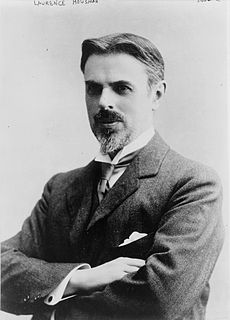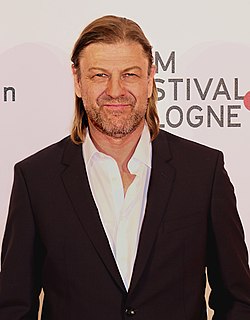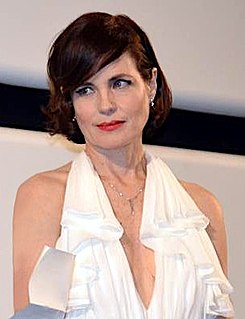A Quote by Margaret Atwood
In the First World War, people would be receiving letters from loved ones who had been dead for weeks, and they would not know until that black-bordered telegram arrived. I remember, of course, when it was letters only, or the telephone, and you did not make expensive long-distance calls unless it was, "Come home to the funeral," or the like.
Quote Topics
Related Quotes
Four. That's what I want you to remember. If you don't get your idea across in the first four minutes, you won't do it. Four sentences to a paragraph. Four letters to a word. The most important words in the English language all have four letters. Home. Love. Food. Land. Peace. . .I know peace has five letters, but any damn fool knows it should have four.
I realized how valuable the art and practice of writing letters are, and how important it is to remind people of what a treasure letters--handwritten letters--can be. In our throwaway era of quick phone calls, faxes, and email, it's all to easy never to find the time to write letters. That's a great pity--for historians and the rest of us.
I had many, many, many death threats. I couldn't open letters for a long time, because they all had to be opened by either the FBI or somebody. I couldn't open letters. I had to be escorted. In fact, just recently I went to a funeral, Calvin Wardlaw, who was the detective -- the policeman -- with me for two years, passed away just recently. He and I got to be bosom buddies really, but that was the hardest part. I wasn't able to enjoy -- you know.
Bolkenstein, a Minister, was speaking on the Dutch programme from London, and he said that they ought to make a collection of diaries and letters after the war. Of course, they all made a rush at my diary immediately. Just imagine how interesting it would be if I were to publish a romance of the "Secret Annexe." The title alone would be enough to make people think it was a detective story.
I wrote a huge number of letters that spring: one a week to Naoko, several to Reiko, and several more to Midori. I wrote letters in the classroom, I wrote letters at my desk at home with Seagull in my lap, I wrote letters at empty tables during my breaks at the Italian restaurant. It was as if I were writing letters to hold together the pieces of my crumbling life.
I used to get letters from guys in prison. Anymore now I don't even open them. They'd ask me to please sign a couple of cards for their children. Then I see them on eBay two weeks later. Or the people that write and say, "You is one of my favorite cartoonists. I would like a drawing, please." I guess they encourage inmates to write letters to celebrities. It's like a way to make money by selling autographs or something. Give me a break.
Do you remember when we stood together on Blackfriars Bridge?” he asked softly, and his eyes were like that night had been, all black and silver. “Of course I remember.” “It was the moment I first knew I loved you,” Jem said. “I will make you a promise. Every year, Tessa, on one day, I will meet you on that bridge. I will come from the Silent City and I will meet you, and we will be together, if only for an hour. But you must tell no one.
But what I really long to know you do not tell either: what you feel, although I've given you hints by the score of my regard. You like me. You wouldn't waste time or paper on a being you didn't like. But I think I've loved you since we met at your mother's funeral. I want to be with you forever and beyond, but you write that you are too young to marry or too old or too short or too hungry - until I crumple your letters up in despair, only to smooth them out again for a twelfth reading, hunting for hidden meanings.
Most open letters undoubtedly come from a good place, rising out of genuine outrage or concern or care. There is, admittedly, also a smugness to most open letters: a sense that we, as the writers of such letters, know better than those to whom the letters are addressed. We will impart our opinions to you, with or without your consent.






































